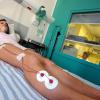Three individuals voice their opinions on what they believe the new year will bring for pathology.
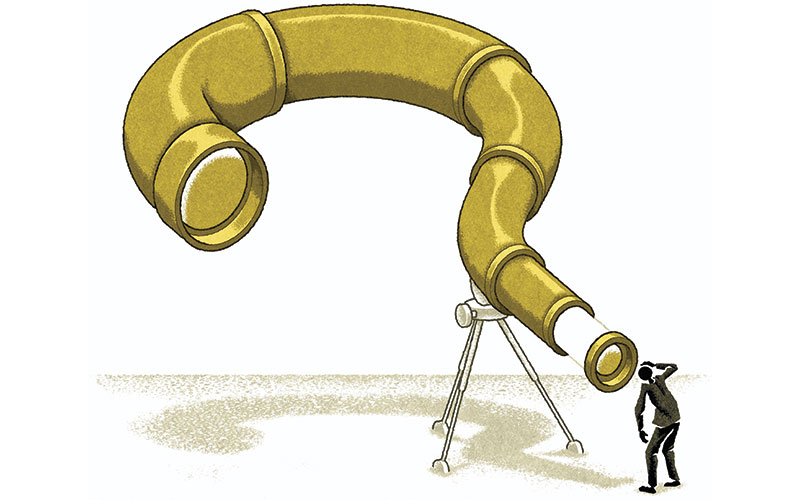
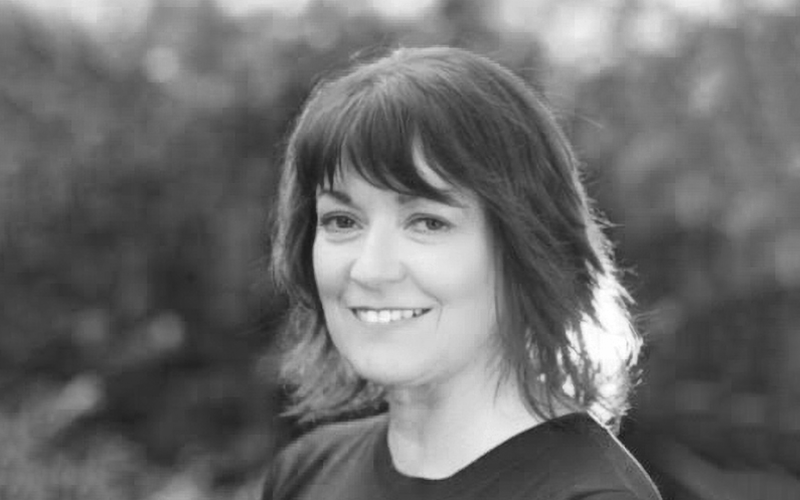 Alison Geddis
Alison Geddis

President
Institute of Biomedical Science
Pathology has been the health service football for too many years and we’re all in need of some respite from the relentless reconfiguration pressures and some recognition of the immense value our services bring to healthcare.
We’re currently responding to a consultation on the proposals for how Essential Services Laboratories in England will deliver services and we will take every opportunity to use our experience to try and help shape this process.
This follows on from similar work in Northern Ireland and Scotland. We will continue to represent our profession at every level and ensure that our standards quality, safety, education and training are not disregarded in the quest for greater efficiencies and savings.
I believe we are entering the age of the consultant biomedical scientist. This has been an aspiration for a number of years, but it is finally becoming a reality. We will continue to work with the RCPath on the conjoint examinations, but I think that opportunities for biomedical scientist are set to expand considerably. If our health services are to maintain the expected high standards of care, new and emerging roles will be crucial and we are one of the most highly qualified and adaptable workforces within the NHS.
On a personal note, 2019 is Congress year and it will be our biggest and most ambitious programme ever. This is our opportunity to showcase the very best of what we do and I hope you’ll be there to share the amazing experience with me.
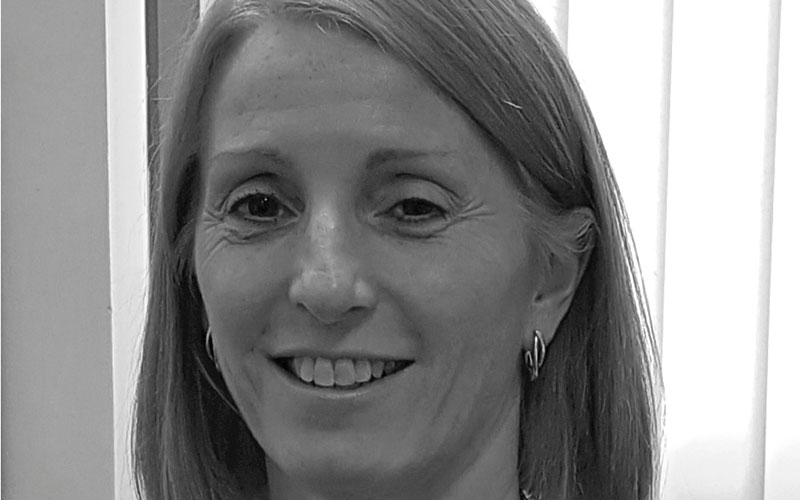 Alison Cropper
Alison Cropper

Chair
British Association for Cytopathology
For those of us working in cytology, 2019 will bring the biggest changes there have been in the 36 years that I have been working in pathology.
NHS England are putting out to tender the whole cervical cytology screening programme in England for provision of a high risk HPV screening service, using cervical cytology as the triage test of HPV positive samples, which is expected to be around 15% of all samples. This huge reduction in slides will require far less screening personnel and services will be consolidated – a maximum of 13 contracts will be awarded in April 2019 following a competitive tender process.
NHS Improvement has been advising NHS England about the reconfiguration of cervical cytology services to try and align them with their recommended 29 Pathology networks, but quite how this will pan out is yet to be seen.
It is a most unsettling time for all staff working in cervical cytology, but according to NHS Improvement there should be no need for redundancies as staff can be redeployed within the emerging pathology networks, which are going to have workforce shortages. I hope this is the outcome and that the highly skilled cytology workforce we have is retained, if not in one of the HPV/cytology hubs, then within wider pathology services across the new networks.
For those who are awarded the HPV contracts, it will be a huge challenge to upscale to the new activity levels and put in place all the inter-trust linkages that are going to be required.
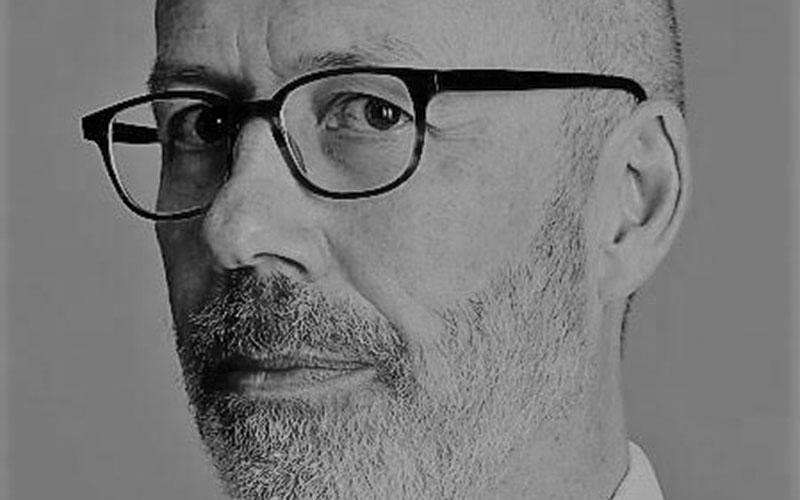 Ian S Young
Ian S Young

Chief Scientific Advisor
Department of Health, Northern Ireland
It is an exciting time for pathology in the UK, with significant structural changes in the delivery of services and rapid technological advances. Now 2019 is almost upon us, and these two issues are likely to dominate the agenda.
In England, configuration of pathology networks and the roll out of genomic medicine centres will bring significant management challenges, but also opportunities to focus on reducing variation in access to pathology services and diagnostic tests across the country. Parallel processes are underway in the devolved nations, including Northern Ireland. Genomic medicine centres will build on the success of the 100,000 Genomes project, in which all four countries of the UK participated to offer an expanded range of diagnostic tests, including whole genome sequencing where it offers diagnostic advantages in rare disease diagnosis. Genetic testing will play an important role in the move towards personalised medicine, but the importance of other pathology tests in defining phenotype will also be recognised.
There will be increasing demand for pathology services delivered in the right place at the right time to optimise patient pathways, with input from the Getting It Right First Time leads in England. Digital pathology will be increasingly in the limelight, with discussion of how it can be coupled with artificial intelligence to transform tissue pathology. In this rapidly changing environment there will be more opportunities for Healthcare Scientists to take on advanced roles.
Picture credit | IKON


